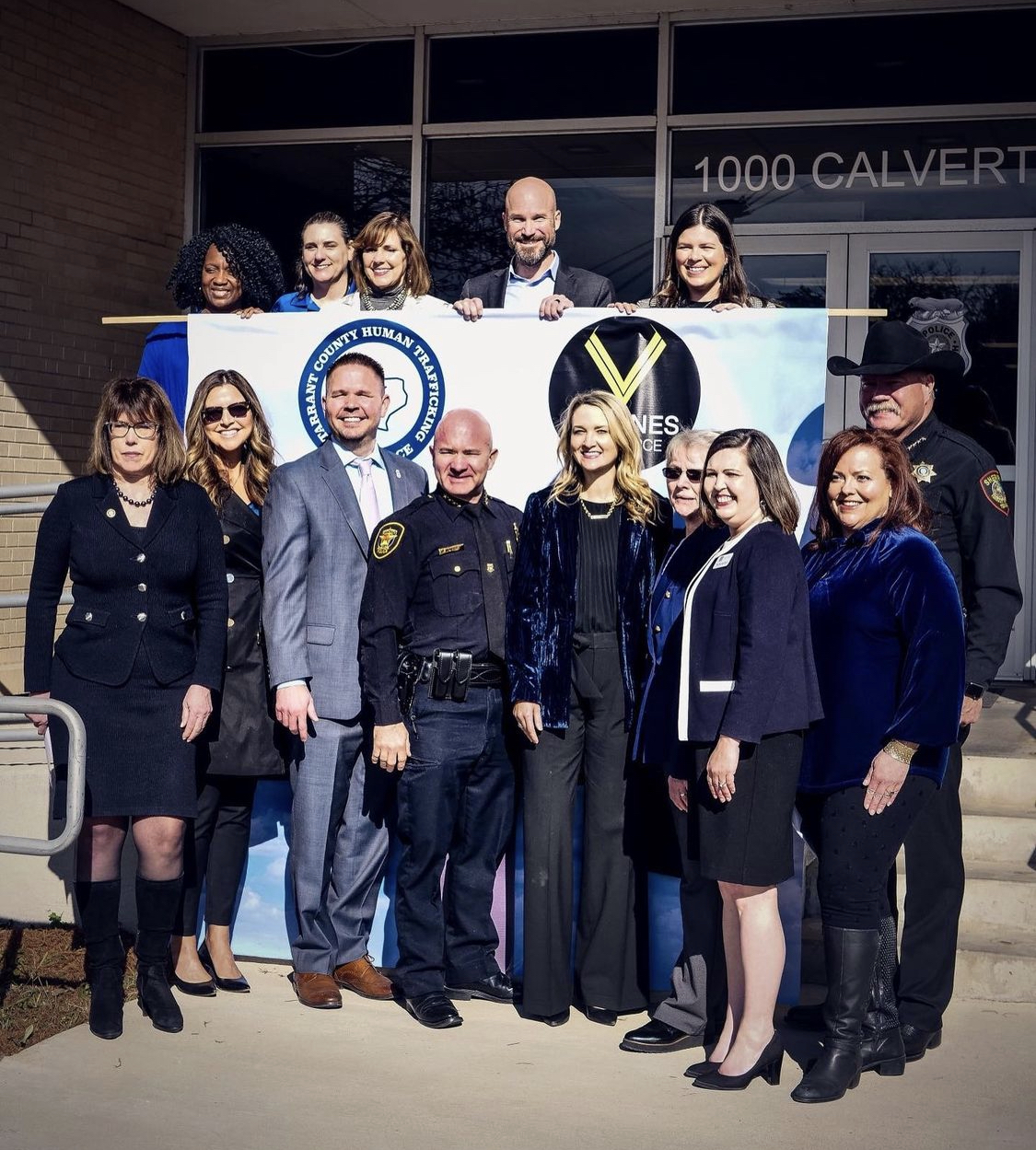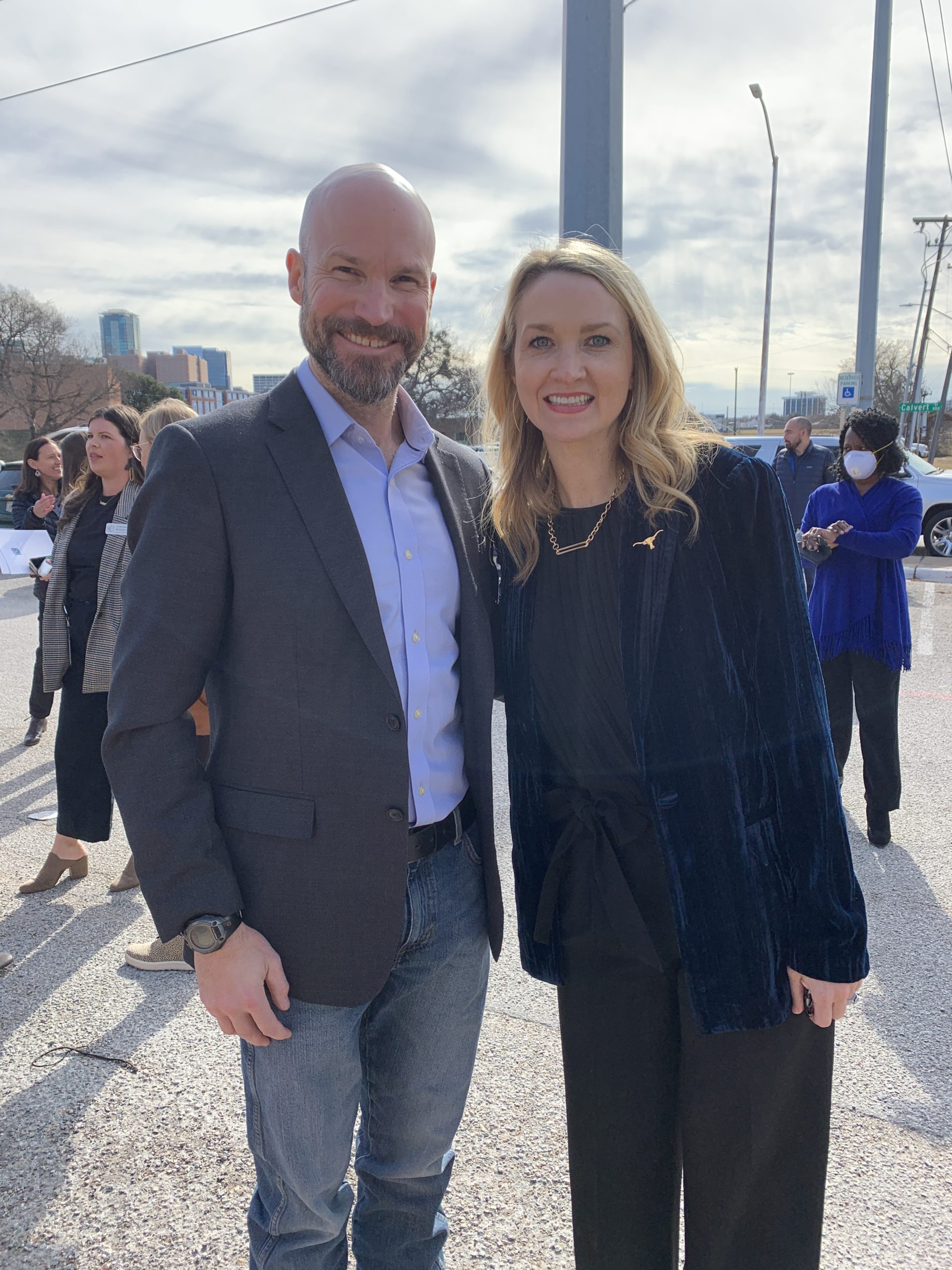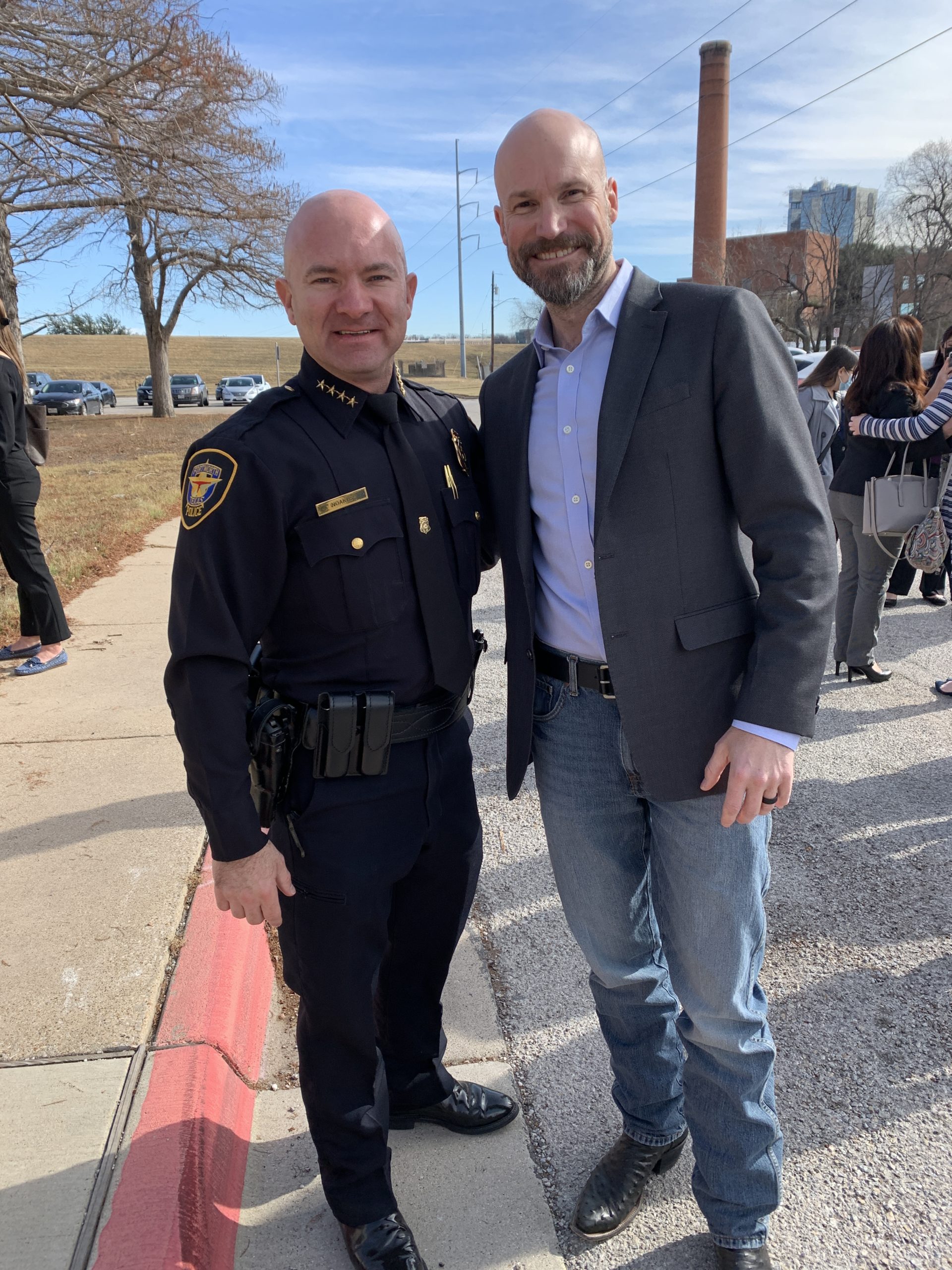Tone Police
Tone Policing is a logical fallacy (ad hominem). “The ad hominem fallacy occurs whenever the character or circumstances of an individual who is advancing an argument is criticized instead of seeking to disprove the argument provided.”
[Philosophy Lander.edu]
Please share your insights by commenting below this post.
I’ve observed a disturbing trend in the American church.
Tone Policing is a problem among leaders. It needs to stop immediately. Are you a church leader? You are held to a higher standard.
What is Tone Policing?
Tone Policing is “a conversational tactic that dismisses the ideas being communicated when they are perceived to be delivered in an angry, frustrated, sad, fearful, or otherwise emotionally charged manner.” [dictionary.com]
Wikipedia says, “Tone policing (also called tone trolling, tone argument, and tone fallacy) is an ad hominem (personal attack) and anti-debate tactic based on criticizing a person for expressing emotion.
Tone policing detracts from the truth or falsity of a statement by attacking the tone in which it was presented rather than the message itself… it prioritizes the comfort of the privileged person (in authority) in the situation over the oppression of the disadvantaged person.
While anyone can engage in tone policing, it is frequently aimed at women as a way to prevent a woman from making a point in the discussion. It is a means to deflect attention from injustice and relocate the problem in the style of the complaint, rather than address the complaint itself.“
Note: Women can be guilty of Tone Policing. This is directed at male church leaders.
Tone Policing is a logical fallacy (ad hominem). “The ad hominem fallacy occurs whenever the character or circumstances of an individual who is advancing an argument is criticized instead of seeking to disprove the argument provided.” [Philosophy Lander.edu]
Often times, a personal attack using tone as the offense is converted into a strawman fallacy by someone I’ll call the “Tone Policeman.”
[Cue the siren and the red and blue lights]
A Tone Policeman assumes the role of; victim, hero or social justice warrior in order to coerce, criticize, or manipulate. Accusations of tone crimes shame, silence, degrade, abuse, or bully in order to achieve a desired result (submission or silence).
Interestingly, Tone Policing contains a resemblance to Herbert Marcuse’s “Repressive Tolerance” with a more pronounced psychologized expression. Think ‘Cancelling’ someone based on their tone (expressed emotion).
Tone Police reside in the domain of organizational power and authority. They typically employ psychologized therapeutic language in order to manipulate. They create an offense where there is no offense.
Tone Policing is a speech code similar to Political Correctness. Instead of censoring certain words or phrases, Tone Police attempt to govern intent and meaning based on vocal inflection or perceived emotion. Both Political Correctness and Tone Policing are extremely toxic and unloving.
How is Tone Policing used?
Tone Policemen attempt to relocate a substantive statement or argument into the domain of style or tone (expressing emotion). It is a deflection tactic that dismisses or ignores the core issue(s). The issue is not the issue, Tone is the issue. In other words, tone trumps substance or truth. A guilty verdict is pronounced by the one in power over someone else for expressing emotion (tone).
Most often a Man’s Game
Typically, the Tone Police tactic is used by men in authority to manipulate women who do not possess power. While women can be guilty of using the Tone Tactic, its most often men. Occasionally, men in authority use it against other men as a power play, defensive/deflection tactic, or psychological manipulation.
Ultimately, this is a passive-aggressive tactic wrapped in therapeutic language.
Left unchecked, a Tone Policeman will go on to gas-light, damage relationships, and toxify an organization.
Example: Mary brings a substantive problem to her male boss with urgency. Because women are perceived as more emotional than men, her boss (Tony) dismisses the substance of the problem. Then he makes perceived emotion (tone) the problem – regardless of the validity of the claim being made by Mary.
Tony says something like, “You know, Mary, I don’t appreciate your tone.” Or “I find your tone very hurtful.” Or “Your tone is so abrasive and harsh.” Or “Mary, you seem joyless, what’s wrong with you?”
Tony is saying, “What you are telling me is true but I don’t like the way you are telling me truth (tone). So, I’ll negate the truth and attack you personally based on your tone. You are guilty of expressing emotion!”
Content and validity are brushed aside while subjective tone is reframed as the issue.
Christian Tone Police take cues from worldly sentimentalities and pop-psychology rather than the Bible.
Sometimes, Tone Policemen produce man-tears. One can cry and lie at the same time, you know. Ask any parent of a 4 year old child. Other times, tone is attributed to body-language. “She had an aggressive posture toward me.” Or “I didn’t like the way she looked at me, it hurt my feelings.”
Most commonly, men in authority use this hurtful and deceitful method to silence or dominate women. Instead of trying to understand the substance of an issue, they create presumptions, inferences, and deflections.
Increasingly in America, we see grown men in Christian leadership roles wallow in feigned self-pity, contrived offense, psychological fragility, and hurt feelings. And men who have experienced actual abused or exploitation are overrun by a crowd of charlatans.
The Darker Side of Tone Policing
Some Tone Policemen are so enamored with the spurious glittering therapeutic power of spells they cast, it’s astounding. They relish silencing and controlling others in order to insulate themselves, protect their psychological comfort, or dominate and humiliate others. These males are cowards and don’t deserve the title of ‘Man’ in a biblical sense.
Dealing with Tone Police
Remember, “A soft answer turns away wrath, but a harsh word stirs up anger.” [Proverbs 15:1]
Bring the issue forward to one in authority with confidence. I recommend the following steps:
1. Write down the problem – This helps you articulate it and ensure you have a valid issue. To the best of your knowledge, is it true?
2. Pray over the issue and interactions.
3. Invite someone else to the meeting (if appropriate).
4. Take a few moments to breath deeply.
5. Be kind, be firm, be honest, and be courageous (Fear of man is a snare – Fear of God leads to wisdom and peace)
Dr. Henry Thompson says, “Have emotions but don’t allow emotions to have you.“
James 3-4 teaches about our tongues and worldliness.
Self-awareness:
Tone Policing is subconsciously learned social behavior. It is catechized through culture via various means (family, media, entertainment, etc). That does not excuse it. If you are not self-aware enough to understand you are manipulating someone, you are not mature enough for leadership.
Responding to Tone Police:
If you are on the receiving end, take a moment and assess yourself and the situation. Then tell the Tone Policeman that their ad hominem (personal) attack is irrelevant to the issue at hand. Expose the logical fallacy and offer them an opportunity to re-address the issue. If they continue to pull the Tone card, tell them you won’t be manipulated or entertain it any longer. Leave their presence. If they continue, report it to someone else in authority [Follow Matthew 18].
Tone Policing is Sin:
Tone Policing is a sin because it’s a manipulation of another human being. The cure is repentance before God and reconciliation with those manipulated and harmed.
Warning to Tone Police:
If you engage in Tone Policing, you run the risk of alienation from community, co-workers, and friends who you depend on. Back-sliding and destroying your Christian witness become growing risks.
Additionally, you run the risk of misreading scripture because you will read God’s Word through a lens of ‘tone.’ That is dangerously thin theological ice.
Someone will say, “But wait, Jesus He was kind and gentle. He used a compassionate tone.” True, but Jesus Christ offered stern words and harsh language without sinning.
Read the texts below, see if Jesus Christ would be pulled over by the Tone Police and given a Tone Ticket for speaking the truth in an off-putting, emotionally-charged tone.
Matthew 23:33 “You snakes! You brood of vipers! How will you escape being condemned to hell?”
Matthew 12:34-35 “You brood of vipers, how can you who are evil say anything good? For the mouth speaks what the heart is full of. A good man brings good things out of the good stored up in him, and an evil man brings evil things out of the evil stored up in him.”
From Luke:
11:42 “But woe to you Pharisees! For you tithe mint and rue and every herb, and neglect justice and the love of God. These you ought to have done, without neglecting the others. Woe to you Pharisees! For you love the best seat in the synagogues and greetings in the marketplaces….
11:46 “And he said, “Woe to you lawyers also! For you load people with burdens hard to bear, and you yourselves do not touch the burdens with one of your fingers….”
11:52 “Woe to you lawyers! For you have taken away the key of knowledge. You did not enter yourselves, and you hindered those who were entering.”
11:53-54 “As he (Jesus) went away from there, the scribes and the Pharisees began to press him hard and to provoke him to speak about many things, lying in wait for him, to catch him in something he might say.”
Warning from Luke:
12:1-3…. “[Jesus] began to say to his disciples first, “Beware of the leaven of the Pharisees, which is hypocrisy. Nothing is covered up that will not be revealed, or hidden that will not be known. Therefore whatever you have said in the dark shall be heard in the light, and what you have whispered in private rooms shall be proclaimed on the housetops.”
What is the Alternative to Tone Policing?
Listen and speak truth plainly, firmly and humbly as before the Lord. Try to discern truth even as you are being harshly criticized or confronted by an emotionally charged person. Remember, you are a Christian leader! You have a higher calling. If you are so insecure that you resort to Tone Policing, you need to choose another profession. Or you can Repent!!! Ask for forgiveness! Then, work towards restoration with others!
“Search me, O God, and know my heart!
Try me and know my thoughts!
And see if there be any grievous way in me,
and lead me in the way everlasting!”
[Pslam 139:23-24]
“Good sense makes one slow to anger, and it is his glory to overlook an offense.” [Proverbs 19:11]
In all things, charity.
Please share your insights by commenting below this post.
LOOKING FOR MORE?
In addition to this blog, explore additional content on my Substack!
If you enjoy Revolution of Man blog, podcast, and videos - Consider subscribing to my Substack. Substack is a reader-supported publication that also allows me to reach a broader audience. To receive new posts and support my work, consider becoming paid subscriber.





